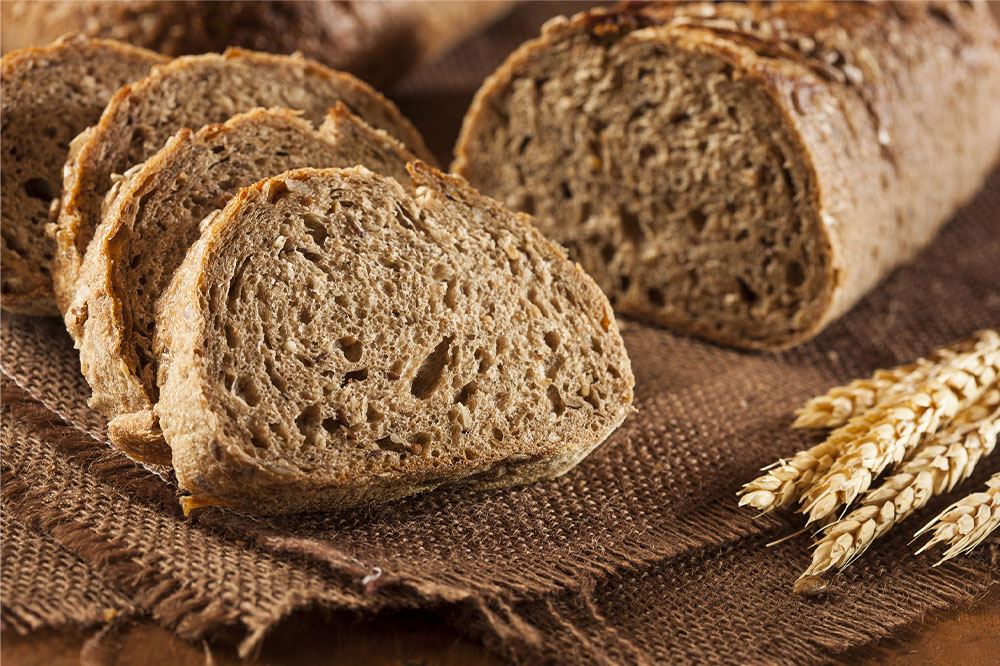Top 5 Strategies for Managing Celiac Disease Effectively
Managing celiac disease involves understanding gluten's harmful effects, adopting a tailored diet, seeking professional guidance, and engaging in community support. Incorporate healthy habits and explore gluten-free recipes to navigate life with this autoimmune disorder successfully.

Top 5 Strategies for Managing Celiac Disease Effectively
Our diet directly influences our health, emphasizing the importance of choosing the right foods. A balanced diet combined with regular activity is essential for maintaining well-being. For individuals with specific food sensitivities, especially those with celiac disease, navigating daily nutrition can be challenging.
Celiac disease is a serious autoimmune disorder triggered by gluten consumption. Gluten, a protein in wheat, rye, and barley, provides baked goods with their characteristic texture. When ingested by someone with celiac, it damages intestinal villi, impairing nutrient absorption and risking malnutrition, osteoporosis, pregnancy complications, and infertility. Managing this condition requires careful dietary choices to stay healthy despite limited options.
Living with celiac disease means adopting specific measures to maintain health. Consulting a nutritionist for a personalized gluten-free diet ensures adequate nutrient intake. Educating oneself about the condition through credible sources or medical professionals is crucial for proper management. Joining support groups provides shared experiences and practical tips. Regular exercise boosts physical health and reduces stress. Additionally, exploring gluten-free recipes online can make meal times enjoyable and satisfying despite dietary restrictions. Patience and guidance make managing celiac disease achievable.










